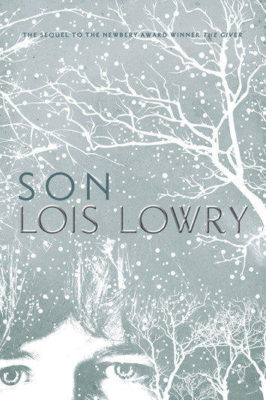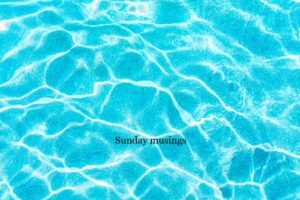
Son by Lois Lowry
If you’ve read my reviews for the other books in the Giver Quartet you may expect this blog post for Son to be full of disappointment, irritation and exasperation.
But you’d be wrong. Sort of.
Son introduces a new character, Claire, a young teen living in the same community that was featured in the first novel, Giver. Claire is assigned to be a birthmother, which basically means she is nothing more than a vessel to grow and birth a child that will eventually be given to a couple approved to become its guardians. There are complications during Claire’s first labour and, after an emergency caesarean, Claire is no longer able to have children. She is hastily reassigned to a job in the fish hatchery and forgotten about, but she doesn’t find it so easy to forget her experiences. She has a huge feeling of loss and desperately wants to see her baby, who she found out was a boy, even though it’s strictly forbidden.
Claire manages to visit and volunteer at the infant nursery centre in her spare time and meets her son. What ensues is a stirring story about loss, maternal instincts and the conflict of nature versus nurture…until Claire tries to escape and is shipwrecked and has amnesia and magic and irritating characters and YA romance tropes and disappointment.
I was so excited when I first started reading Son. It made me realise that I actually am fascinated by ‘the Community’ and how the subtle elements of fantasy are intertwined with a story about a deeply oppressed society. Everything about it is sophisticated, both in writing style and in plot. However, the moment Lowry ventures out of the Community everything ceases to make sense and the characters become somehow both cartoonish and dull.
The fourth book successfully ties all of the characters in the series together in a relatively interesting way, but I just didn’t enjoy it much.
It’s a shame. I feel YA fiction has become so soft and balanced, but growing up is anything but that. I want to see this generation’s versions of Holden Caulfield and Scout Finch, some flawed yet interesting characters that are more than just victims of their oppressive elders.
This review is part of my 2017 Reading Challenge.


Leave a Reply